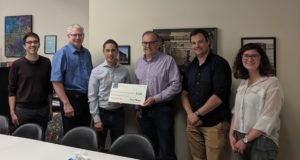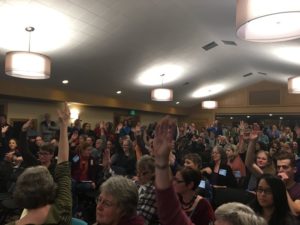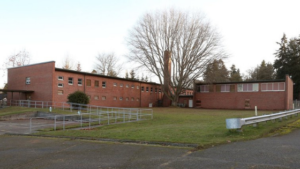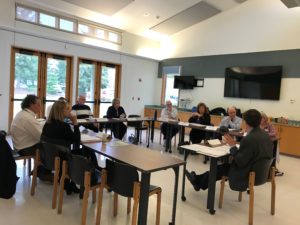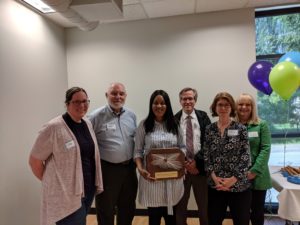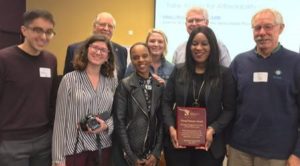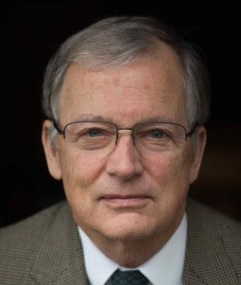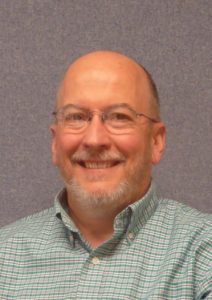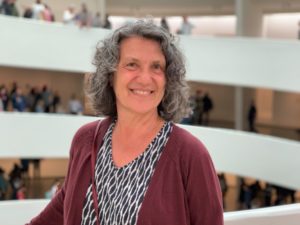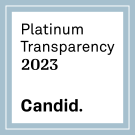Beyond bringing us sunny days, summer fruits, and a stronger desire to jump in Lake Washington, June also signals the mid-way point of the year. With half of 2019 behind us and half ahead, we want to reflect on all the exciting things that HDC has been a part of this year with an eye towards what is to come.
So far this year HDC staff, our members, and our partners worked hard as passionate housing advocates to secure the following:
Seattle City Council adopted a city-wide Mandatory Housing Affordability program that Seattle’s 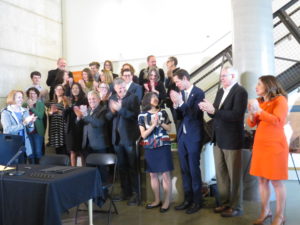 growth works for all people. Developments in the urban villages will either have to include affordable housing or pay into a fund resulting in an estimated 6,300 affordable homes over the next decade.
growth works for all people. Developments in the urban villages will either have to include affordable housing or pay into a fund resulting in an estimated 6,300 affordable homes over the next decade.
Seattle City Council passed the Fort Lawton Redevelopment Plan. The former army reserve site was determined to be underutilized surplus land and now will be used to develop 237 affordable homes including supportive housing for seniors, apartments for low-income families, and affordable homeownership opportunities.
King County Council passed the Sewer Capacity Charge reduction for affordable housing developments. In order to build to scale and meet the tremendous need in our region, we need to alleviate some of the cost-drivers and obstacles to development. Reducing the impact fee for developments in King County will increase production by reducing cost.
Renton City Council passed their Rental Licensing and Inspection Program. This program will ensure Renton residents are living in healthy and quality housing by working with landlords and property managers to ensure rental properties, no matter the price or neighborhood, are healthy environments for their tenants.
Washington state legislature made historic investments in affordable housing with $175 million in the Housing Trust Fund, as well as passing HB 1406 which allows local governments to retain a portion of the sales to use for affordable housing and HB 1923 which incentives cities to implement housing policies focused on increasing housing options.
… and more! HDC members, partners, and allies took over 1,500 advocacy actions so far this year!
2019 has already been a year of amazing advocacy success, but our movement is also about learning and growing together though collaboration and conversation. HDC has hosted and co-hosted some amazing events so far this year.
Exemplary Building Task Force convening in January brought together funders, developers, and others to discuss building affordable, sustainable building to address both our housing and climate crises.
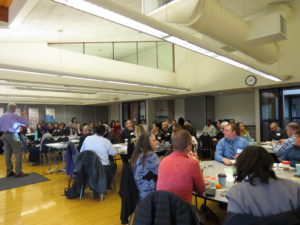 A Housing and Community Development summit that brought together over 70 leaders, staff, and organizers to discuss the affordable housing sector’s role in the larger landscape of community development alongside community-based organizations and funders.
A Housing and Community Development summit that brought together over 70 leaders, staff, and organizers to discuss the affordable housing sector’s role in the larger landscape of community development alongside community-based organizations and funders.
Our Affordable Housing of Today event was an opportunity to engage over 30 elected officials and city staff from across the county on issues of affordable housing. We dove into topics of economic benefits, density done right, and more!
Our Housing and Mental Health summit held last month elevated the intersection of permanent supportive housing and other housing models that work to improve the outcomes and quality of life for people experiencing mental illness. Over 70 people who are engaged on the topic came together to discuss this important intersection and how we need to work collaboratively.
We held our fourth annual Affordable Housing Week with over 30 events, over 25 proclamations, and over 1,000 event attendees all dedicated to learning more about affordable housing and the solutions that we can and are adopting to meet our region’s need.
Thank you to all our members, partners, sponsors, and the entire affordable housing movement that has worked in community with us to make these past few months extremely successful and empowering. We are excited to continue this journey with you all!

